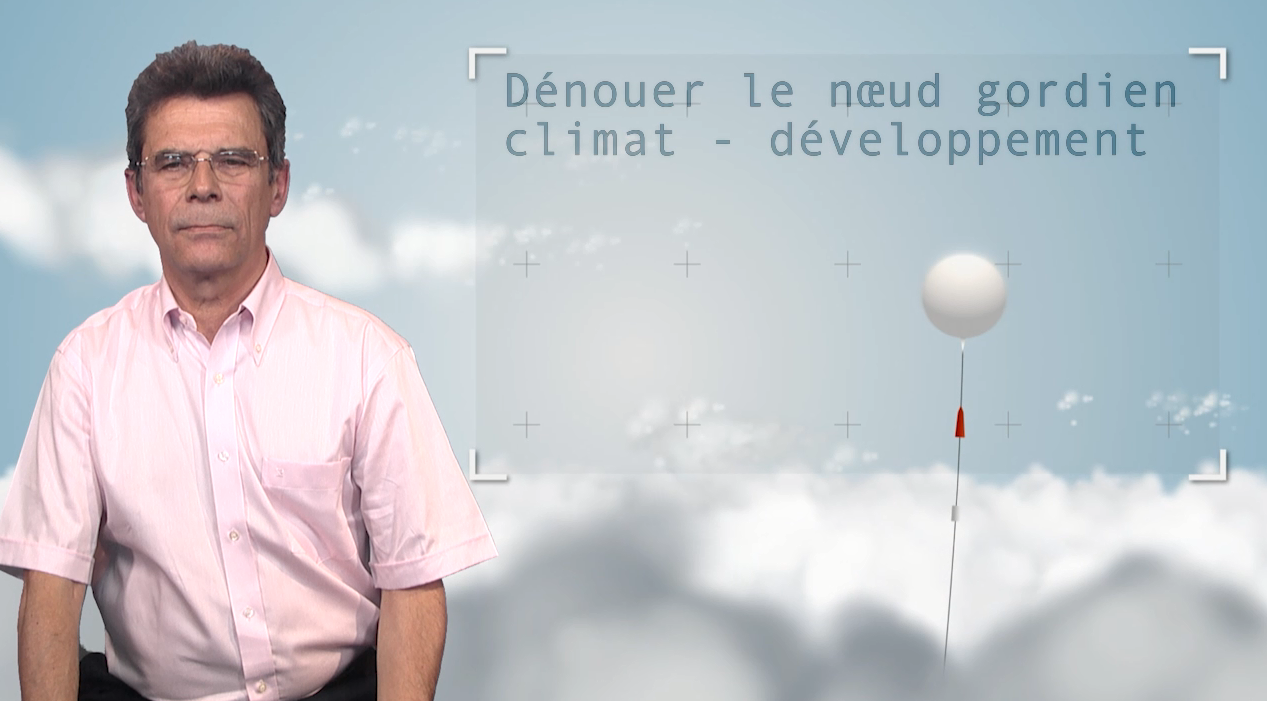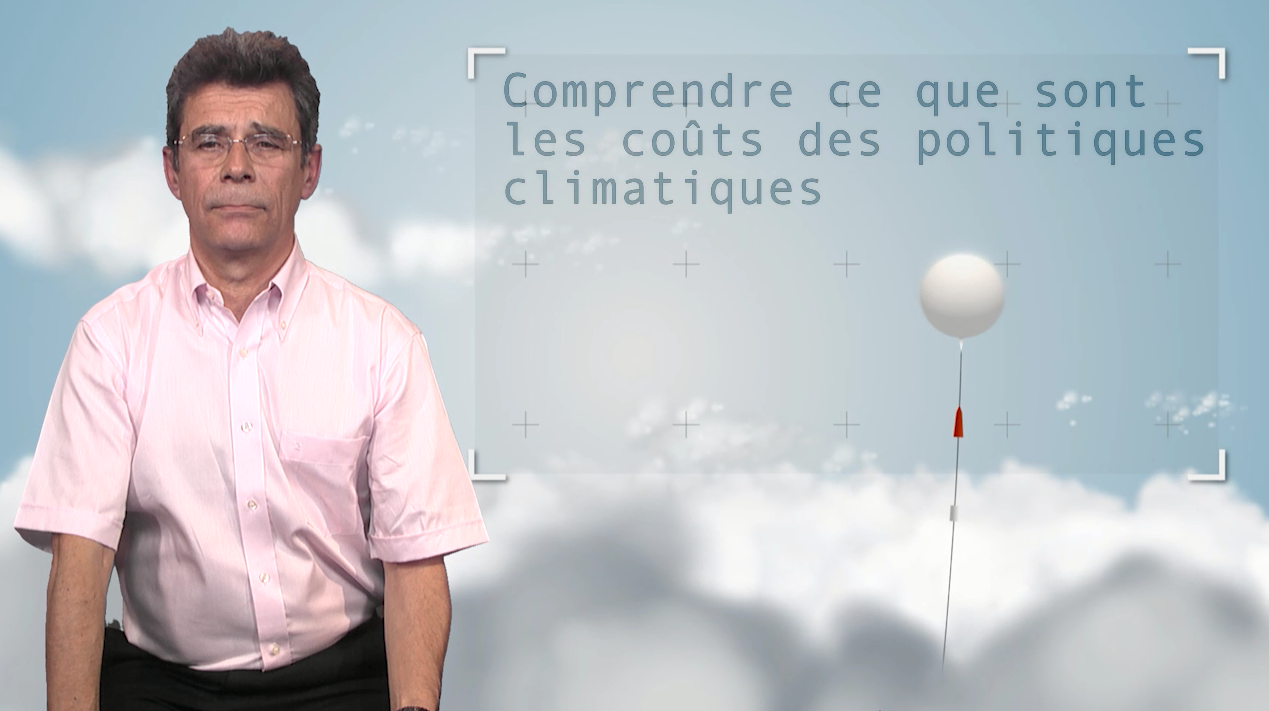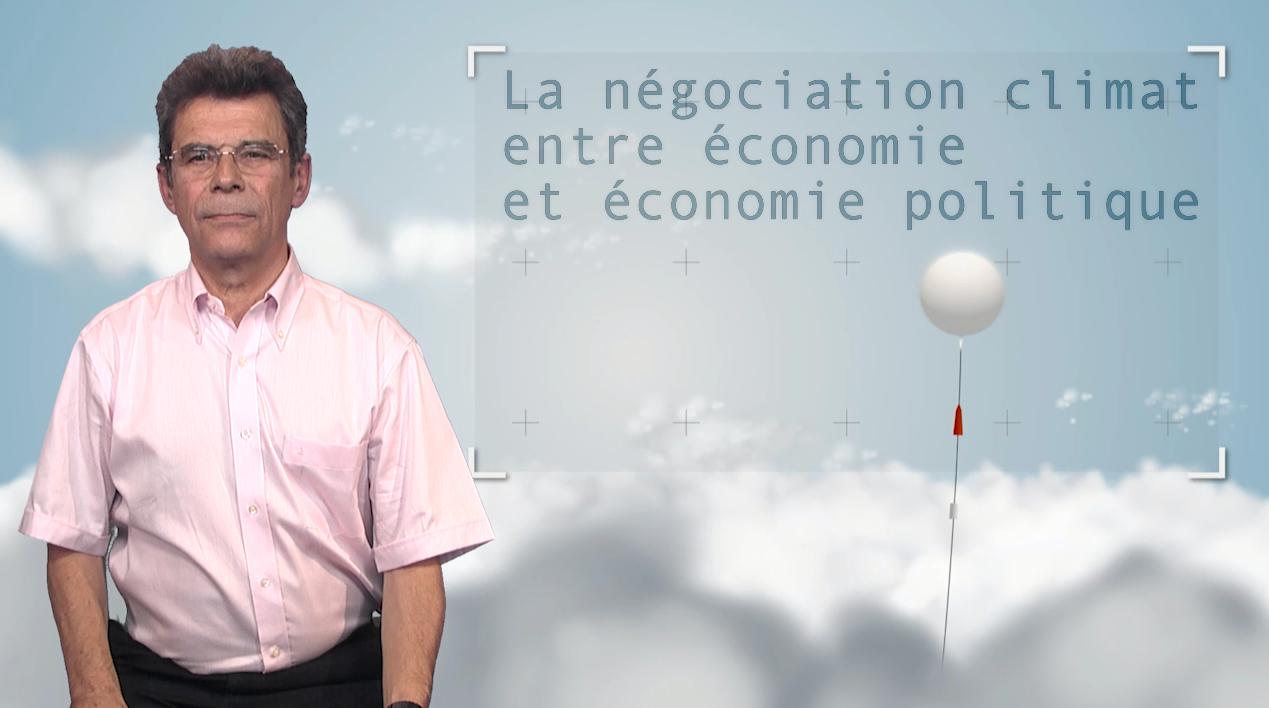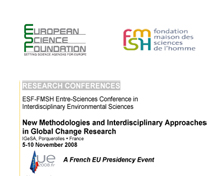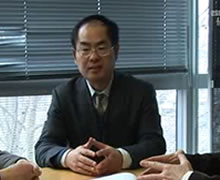Hourcade, Jean-Charles (1949-....)
Economiste, CIRED - Centre International de Recherche sur l’Environnement et le Développement, CNRS - Centre National de la Recherche Scientifique, France Jean-Charles Hourcade is director of research at the Centre National de la Recherche Scientifique (CNRS). He is acting director of the CIRED (Centre International de recherches sur l’Environnement et le Développement), a laboratory belonging both to CNRS and to E.H.E.S.S. (Ecole des Hautes Etudes en Sciences Sociales, Paris). Since 1990, he played a key role in French social science research coordination for backing up the awareness and negotiating capacities of official and governmental agencies in charge the climate change. As convening lead author of chapters for the Second (1996) and the Third Assessment Report of the IPCC and also in taking part in various European networks within EU and to the EMF (Stanford), he is committed to international cooperation.
References :
· 2006, with P.R. Shukla, Mathy, S., « Untying the Climate-Development Gordian Knot - Economic Options in a Politically Constrained World », à paraître in R. Guesnerie, H. Tulkens, (eds.), MIT Press, 19 p.
· 2003, avec Lecocq, F. - “Incertitude, irréversibilités et actualisation dans les calculs économiques sur l’effet de serre, pp. 177-199.- In : R. GUESNERIE -Kyoto et l’économie de l’effet de serre, Rapport du Conseil d’analyse économique, n° 39, Paris, La Documentation Française, 263 p.
· 1998, "Les dividendes économiques d'une réforme fiscale écologique"
Vidéos
Accueil et table ronde 1 | Croissance et régulation économique et sociale, écodéveloppement
Rendre hommage à Ignacy Sachs (1927-2023), c’est saluer le parcours visionnaire du théoricien de l’écodéveloppement qui, dès les années 1970, pose les bases d’un équilibre à atteindre entre croissance
Gaining control of the animal minds of finance at the service of the transition towards a low carbo…
In this video (10'00), Jean-Charles Hourcade, director of research at the CNRS and director of studies at EHESS, discusses the necessary reorientation of savings to finance the low-carbon transition
EN-8. Unravelling the complex issues of climate and development
Jean-Charles Hourcade highlights the disparities regarding the development between the states and discusses, in this context, about the conditions of implementation of a fair and realistic climate
EN-5. Understanding the costs of climate policies
Jean-Charles Hourcade discusses about the possibility of a carbon price, about its interests but also about its limits and difficulties regarding its implementation. Then he analyses the three tools
EN-7. Climate negotiations between economics and political economy
Jean-Charles Hourcade recounts the history of the climate negotiation, from the first simulations related to the climate change up to now. He shows the role played by the different countries or groups
8. Dénouer le nœud gordien climat-développement
Dans cette vidéo, Jean-Charles Hourcade met en évidence les disparités en matière de développement entre les états et discute dans ce contexte des conditions de mise en place d'une politique
5. Comprendre ce que sont les coûts des politiques climatiques
Dans cette vidéo, Jean-Charles Hourcade discute de la possibilité d'un prix du carbone, de ses intérêts mais aussi de ses limites et de ses difficultés en matière de mise en oeuvre. Il analyse ensuite
7. La négociation climat entre économie et économie politique
Dans cette vidéo, Jean-Charles Hourcade retrace l'histoire de la négociation climatique des premières simulations relatives au changement climatique à aujourd'hui. Il montre quel rôle ont joué les
The Economics of the Climate/Development of the Gordian Knot; Beyond a Sound Pessimism
We will first suggest that costs of meeting ambitious climate targets capable to stabilize global warming below 2°C or 3°C temperature increase have been underestimated so far. The first reason is the
Debate
The European Science Foundation (ESF) and the French Foundation of the Maison des Sciences de l’Homme (FMSH) (within the Entre-Sciences programme) have agreed to jointly develop a new conference
Risques, expertise et politiques
En réunissant des scientifiques, des experts du Groupe intergouvernemental d'étude du climat (GIEC), des représentants d'administrations et d'institutions de diffusion de (information scientifique, le



